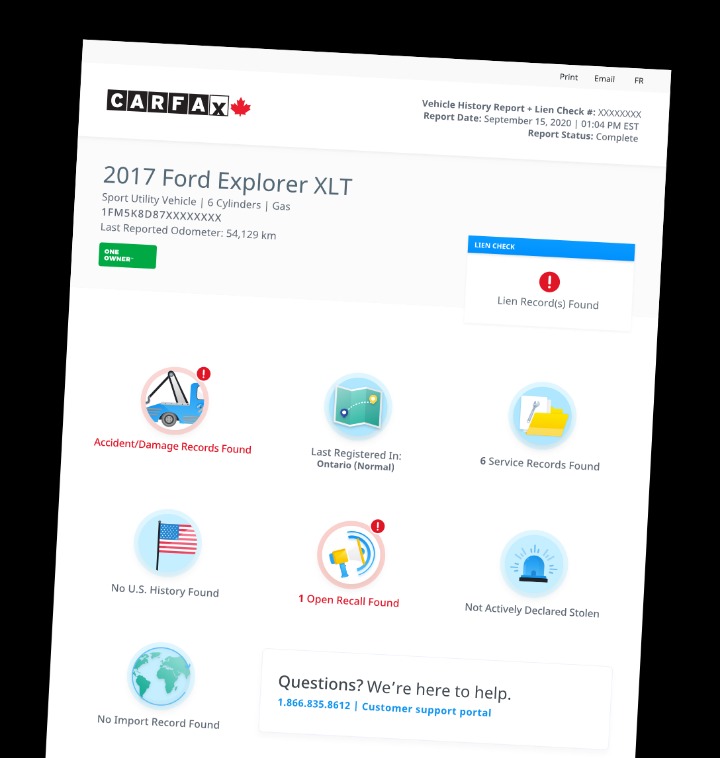Customer Relationship Management (CRM) data is a valuable asset for businesses of all sizes. From tracking customer interactions to analyzing purchase behavior, CRM data provides insights that can drive strategic decision-making and enhance customer relationships. In this guide, we will explore the importance of CRM data and how businesses can leverage it to improve their operations.
The Importance of CRM Data
CRM data refers to the information collected and stored in a company’s CRM system. This data includes details about customer interactions, preferences, purchase history, and more. Here are some key reasons why CRM data is essential for businesses:
- Improved Customer Relationships: By analyzing CRM data, businesses can gain a better understanding of their customers’ preferences and behavior. This allows them to provide personalized services and recommendations, ultimately strengthening customer relationships.
- Enhanced Marketing Strategies: CRM data can help businesses create targeted marketing campaigns based on customer segmentation and behavior analysis. This leads to more effective marketing strategies and higher conversion rates.
- Optimized Sales Processes: Sales teams can use CRM data to track leads, monitor sales pipelines, and forecast revenue. This data-driven approach enables sales teams to prioritize opportunities and close deals more efficiently.
- Strategic Decision-Making: By analyzing CRM data, businesses can identify trends, patterns, and opportunities that inform strategic decision-making. This leads to more informed and successful business strategies.
How to Leverage CRM Data
Now that we understand the importance of CRM data, let’s explore how businesses can leverage this valuable asset effectively:
- Data Segmentation: Segment your CRM data based on customer demographics, behavior, or purchase history to target specific customer groups with personalized marketing campaigns.
- Automation: Use CRM data to automate repetitive tasks, such as sending follow-up emails or scheduling customer appointments. This helps save time and streamline business processes.
- Integration: Integrate your CRM data with other business systems, such as marketing automation platforms or analytics tools, to gain a comprehensive view of your customers and operations.
- Analytics: Utilize analytics tools to analyze CRM data and extract actionable insights. By tracking key metrics and KPIs, businesses can measure the effectiveness of their strategies and make data-driven decisions.
Frequently Asked Questions
Here are some common questions about CRM data:
- What types of data can be stored in a CRM system?
- CRM systems can store a wide range of data, including customer contact information, purchase history, interactions with the company, and preferences.
- How secure is CRM data?
- Most CRM systems offer robust security features to protect customer data, such as encryption, access controls, and regular data backups.
- How can businesses ensure the accuracy of CRM data?
- Businesses can maintain the accuracy of CRM data by regularly updating customer information, conducting data quality checks, and training employees on data management best practices.
Read more about crm data here.
Overall, CRM data is a powerful tool that can help businesses enhance customer relationships, optimize operations, and drive growth. By leveraging CRM data effectively, businesses can stay competitive in today’s fast-paced and data-driven market.



